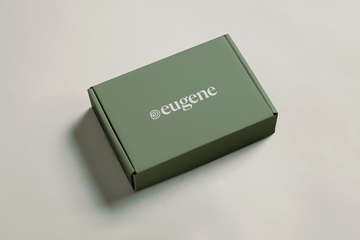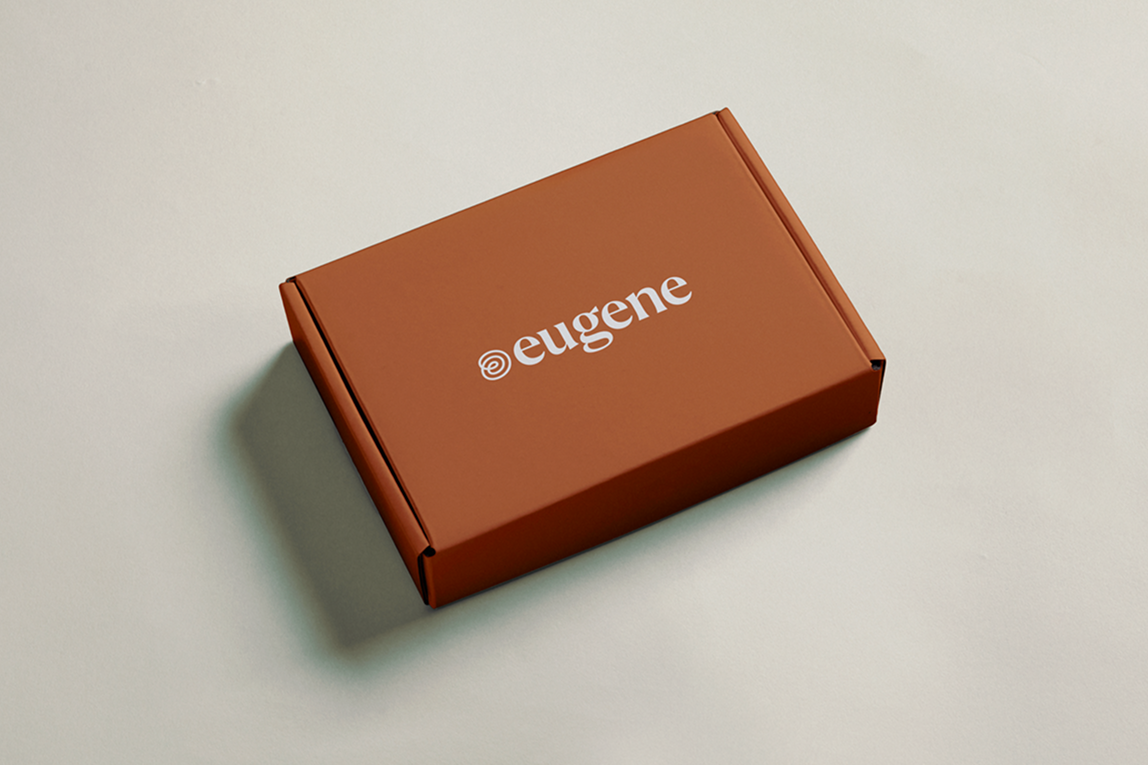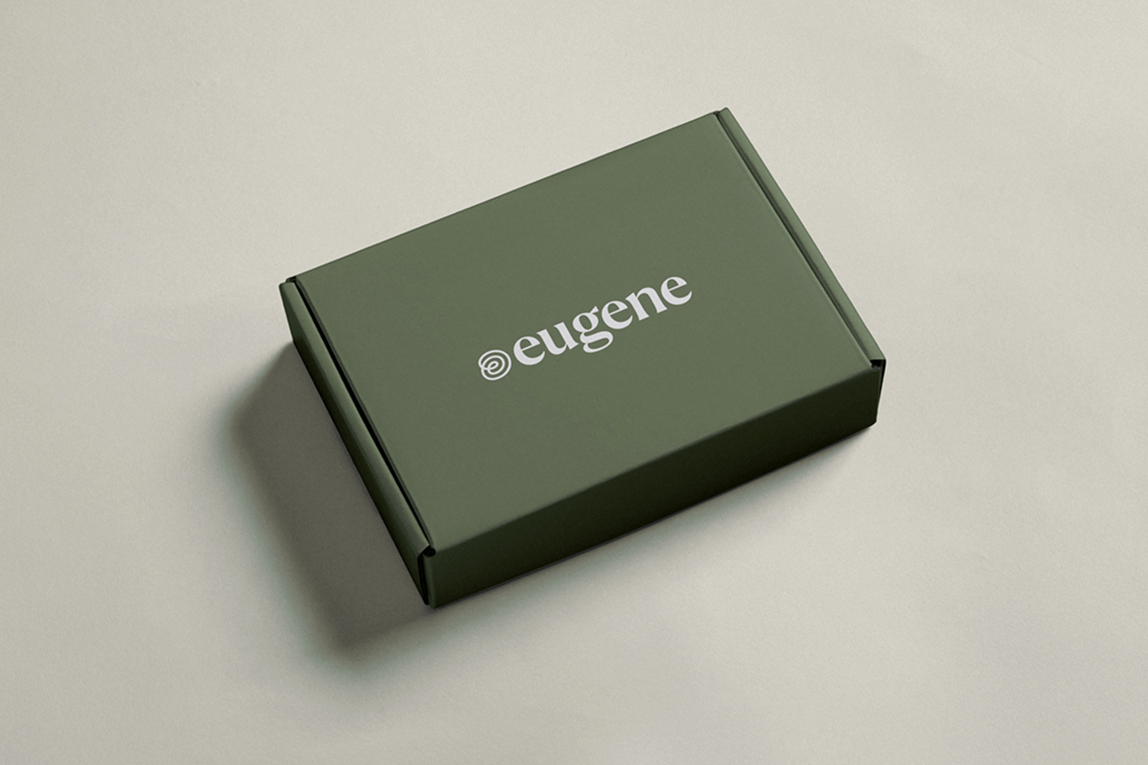
Suzy & Nick, your results are in:
787 genes screened
Low reproductive risk
See your report for insights
Personalised genetic insights for your health & family planning
Plan your future with confidence. Whether you're starting a family, exploring reproductive options, or prioritising long-term health, our medical grade tests can help you with actionable insights at each stage of life—on your terms.

Reproductive Carrier Screening
Carrier screening reveals if you are at increased risk of having a child with a serious inherited genetic condition. More than 80% of people are healthy carriers, and 2-3% of couples receive an increased risk result.
If you’re at higher risk, expert genetic counselling helps you navigate options—before or during pregnancy—to make informed choices.
Features
-
At-home test, no waiting rooms
-
Screens for up to 787 conditions
-
Doctor-reviewed results with next steps tailored to you
Benefits
-
Understand reproductive risks -before or during pregnancy
-
Make informed family planning choices
-
Get personalised support from a genetic counsellor

6% of people carry a gene change that can have a significant impact on their cancer & cardiovascular risks
Your DNA holds powerful insights into your risk for cancer, heart disease, and other conditions. Our proactive health tests help you take action early—whether that’s prevention, early detection, or a personalised health plan.
Features
-
At-home test, no waiting rooms
-
Medical-grade screening for cancer, heart disease & other health risks
-
Doctor-reviewed results with next steps tailored to you
Benefits
-
Identify genetic risks before symptoms appear
-
Take control with prevention and early detection plans
-
Free consult with a genetic counsellor to guide your options
What our community is saying

Bridgette
“I didn’t want to wait until something went wrong. I wanted to act early. They explained what I could do to reduce my risks and helped me create a preventative care plan I could take straight to my GP.”

Mason
“One easy test gave me something I’d never had before: clarity. I discovered what health risks my genes might predispose me to, and what I could do to prevent them.”
Compare genetic tests
Explore genetic testing options tailored to your needs.
| What's included | |||
| Total genes screened |
|
|
|
| Who is this test for? |
|
|
|
| Reproductive risk |
|
|
|
| Individual carrier result |
|
|
|
| Medicare rebate |
|
|
|
| Genetic counselling support |
|
|
|
| Express return shipping |
|
|
|
| Results turnaround time |
|
|
|

Genetic testing for rainbow families
Planning a family looks different for everyone. Our Rainbow Families genetic screening supports all paths to parenthood—including donors, recipients, and single parents—helping you move forward with clarity and confidence.
Features
-
At-home test, no waiting rooms
-
Screens for up to 787 conditions relevant to donors, recipients & carriers
-
Doctor-reviewed results with next steps tailored to you
Benefits
-
Understand reproductive risks specific to your path to parenthood
-
Make informed decisions about donor selection & fertility treatments
-
Get personalised support from a genetic counsellor
What our community is saying

Jasmine
"From the moment I reached out for a genetic screening for my partner and I, Eugene ensured that the entire process was smooth and easy to navigate. As someone who lives in a remote area, accessing such services can be challenging, but Eugene made it effortless through their excellent online communication platform."

Millie
"The testing process is quick; it takes 3-6 weeks from the day they receive your sample to get the results back and schedule your appointment with a genetic counsellor to learn about your results and have an opportunity to ask any questions.
We did a Eugene test because we knew it would be the quickest way to get some reassurance before planning our next round of IVF and for our future babies."

Natashjja
"From ordering to the genetic counselling itself, 10/10! Everyone in the Eugene team is lovely, knowledgeable, and genuinely wants to make the experience a great one. It’s still wild to me that such a simple test can tell us so much, go science!"
Which test is right for me?
Discover how our personalised tests can guide your health and family planning decisions.



